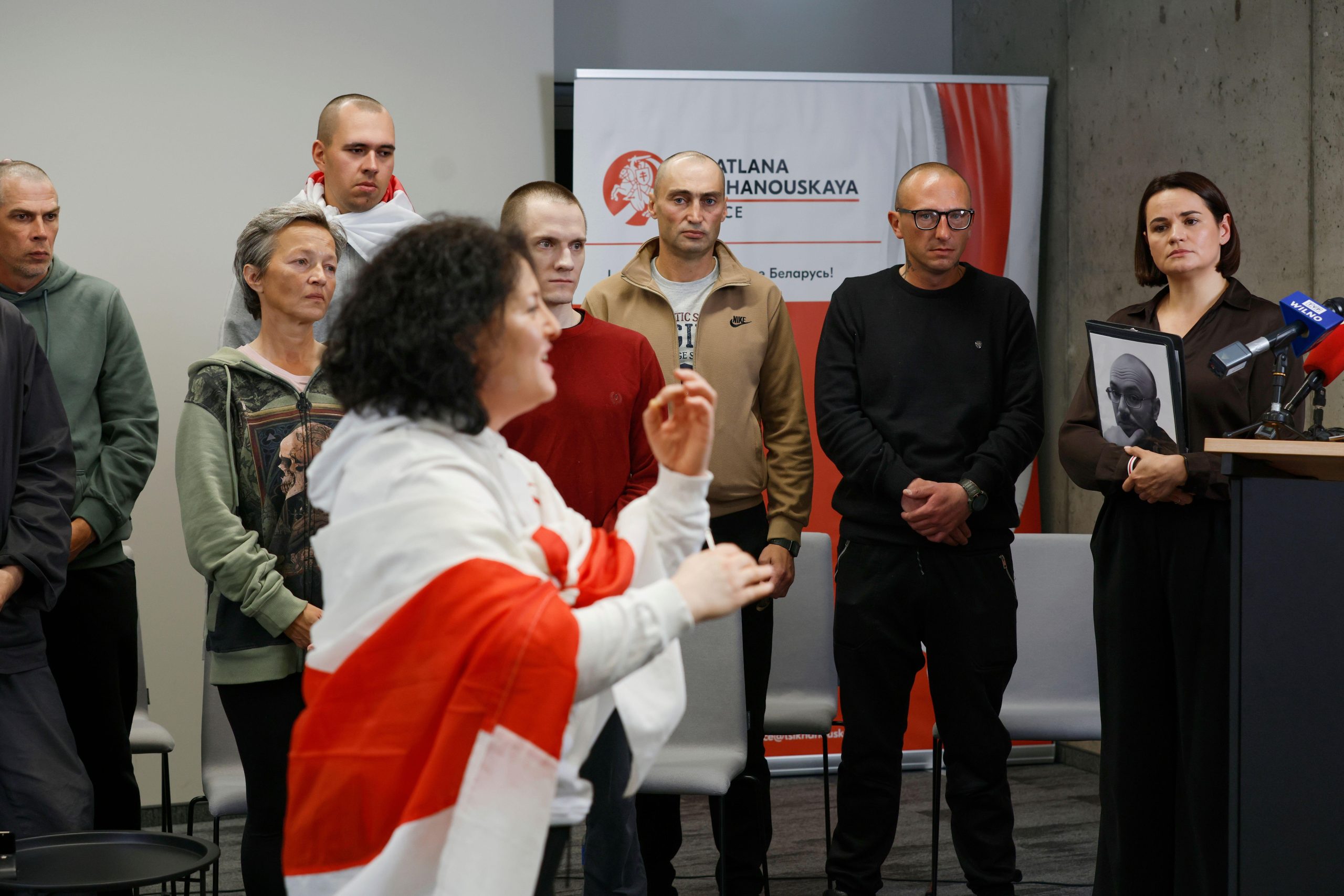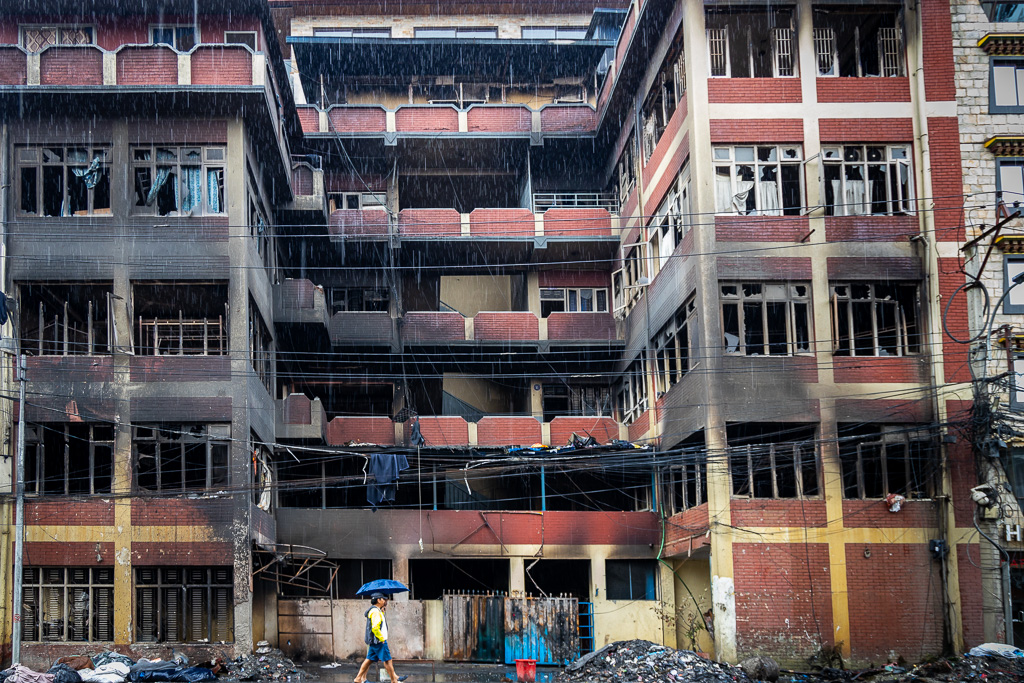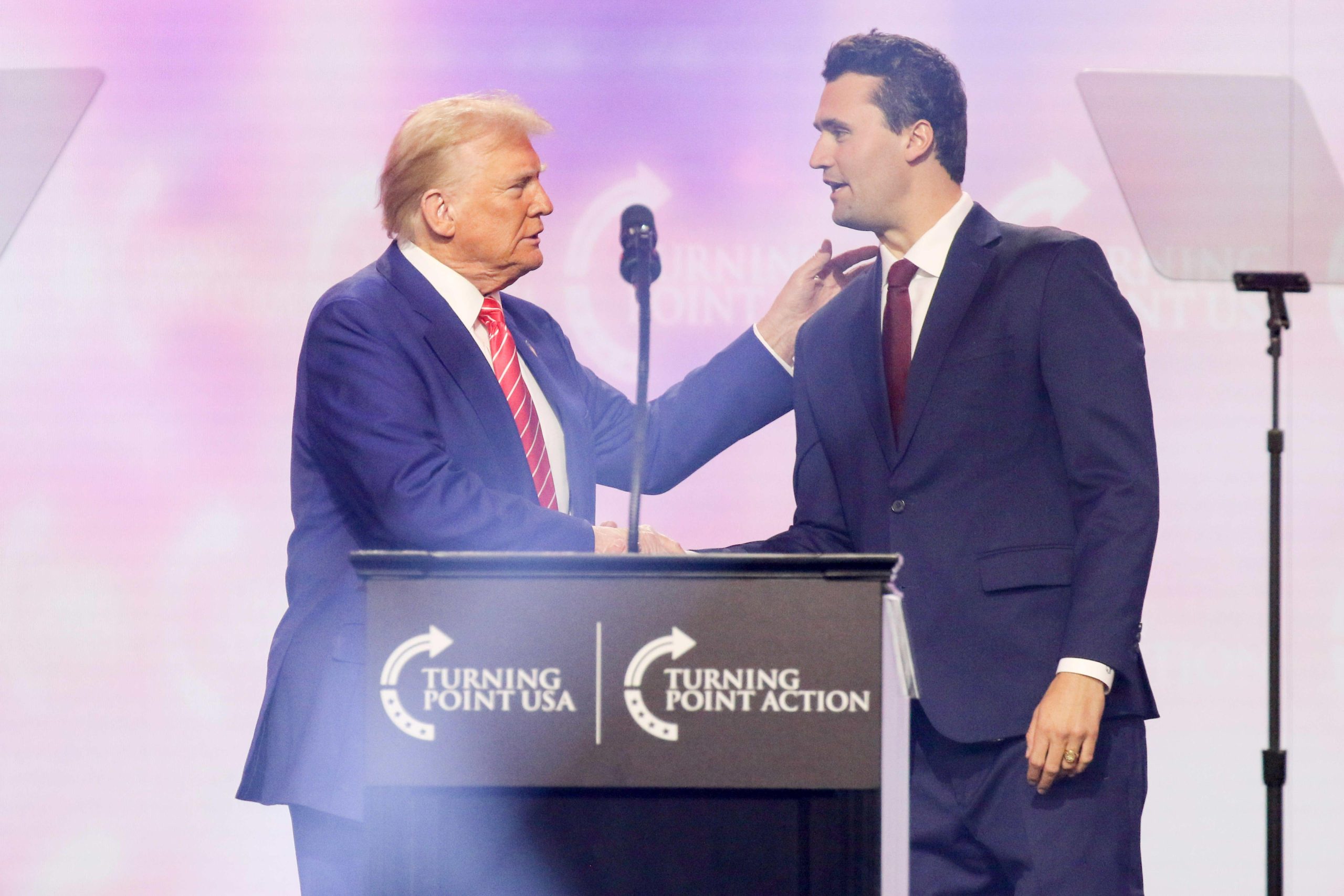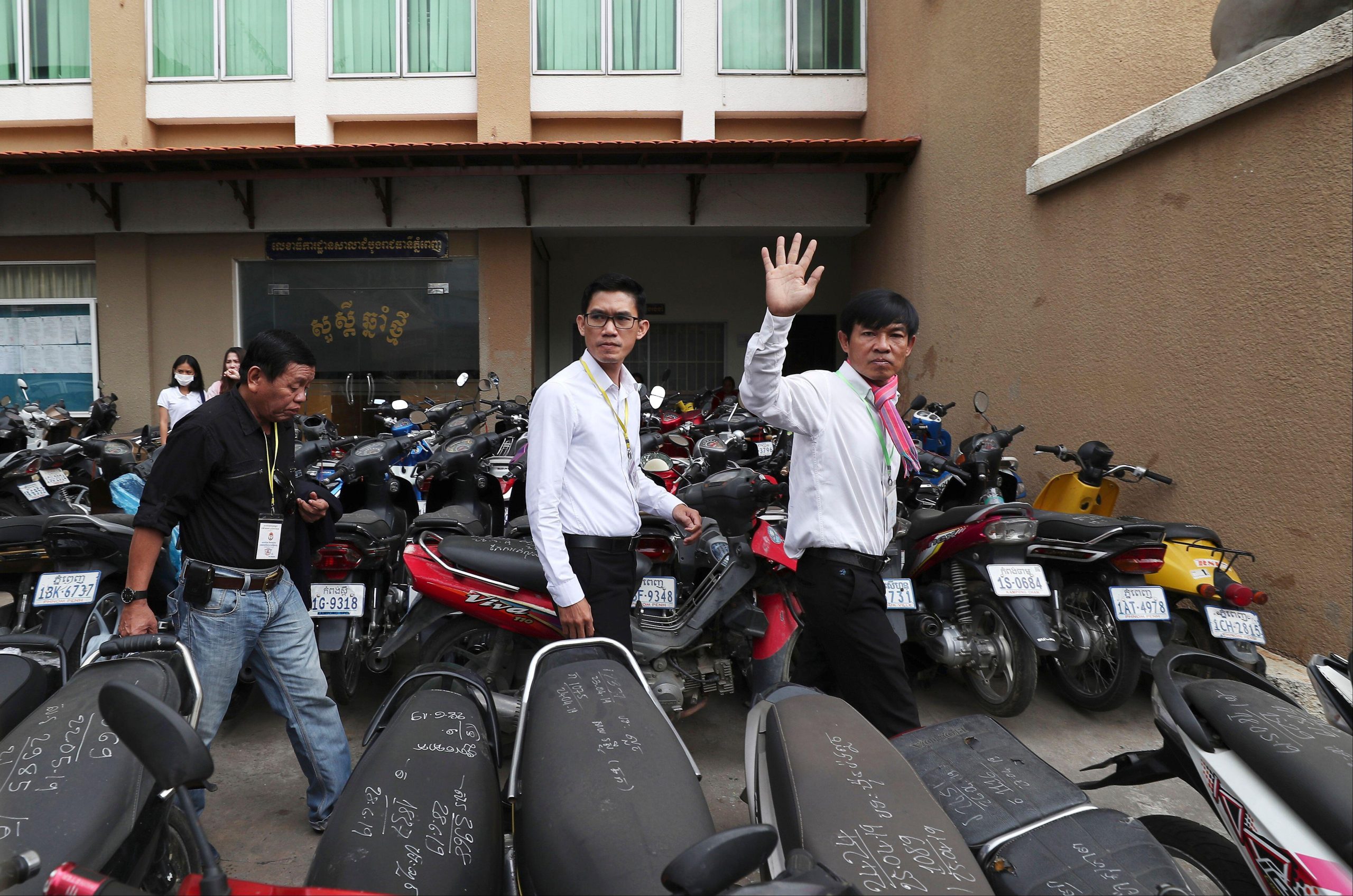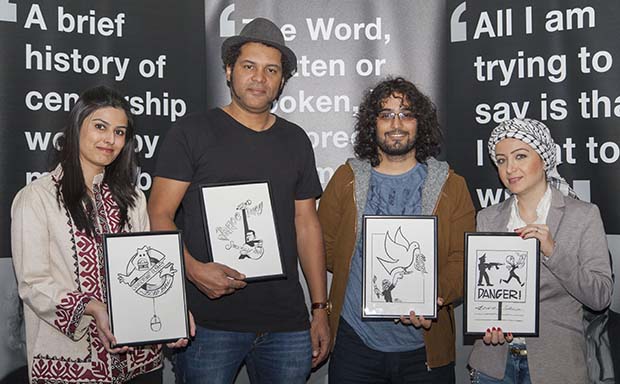
Winners of the 2016 Freedom of Expression Awards: from left, Farieha Aziz of Bolo Bhi (campaigning), Serge Bambara — aka “Smockey” (Music in Exile), Murad Subay (arts), Zaina Erhaim (journalism). GreatFire (digital activism), not pictured, is an anonymous collective. Photo: Sean Gallagher for Index on Censorship
Murad Subay
In 2011, artist Murad Subay took to the streets of Yemen’s capital, Sana’a to protest the country’s dysfunctional economy and institutionalised corruption, and to bring attention to a population besieged by conflict. Choosing street art as his medium of protest, he’s since run five campaigns to promote peace and art, and to discuss sensitive political and social issues in society. Unlike many street artists, all his painting is done in public, during the day, often with passers-by getting involved themselves.
Subay won the 2016 Index on Censorship Freedom of Expression Award for Arts.
Zaina Erhaim
A Syrian-native who was studying journalism in London when war broke out in Syria in 2013, Zaina Erhaim decided to return permanently to report and train citizen journalists in the war-ravaged country. Between the violence and deadly misogyny of IS and the bombing raids of Russian allies of Assad the danger of living in the region as a female reporter is immense. However, Erhaim has trained hundreds of journalists, including many women.
Erhaim won the 2016 Index on Censorship Freedom of Expression Award for Journalism.
Bolo Bhi
Bolo Bhi, which means “speak up” in Urdu, is a non-profit run by a powerful all-female team, fighting for internet access, digital security and privacy in Pakistan and around the world. Founded in 2012 by Sana Saleem and Farieha Aziz, they have since fought tirelessly to challenge Pakistan’s increasingly pervasive internet censorship.
Bolo Bhi won the 2016 Index on Censorship Freedom of Expression Award for Campaigning.
Smockey
Serge Bambara — aka Smockey, meaning “se moquer”, or “to mock” — is a hip-hop artist from Burkina Faso, who has had a marked impact on political and social developments there.
Smockey is the inaugural recipient of the Music in Exile Fund Fellowship.
GreatFire
GreatFire was set up in 2011 by three anonymous individuals to counter the “Great Firewall of China”, the systematic blocking by the Chinese government of any website deemed controversial, including any that touch on news, human rights, democracy or religion.
GreatFire is the winner of the 2016 Index on Censorship Freedom of Expression Award for Digital Campaigning. We spoke to a GreatFire representative Charlie Smith, a pseudonym.
What does this award mean to GreatFire?
“It’s a great honour. Working in China, GreatFire has a pretty difficult job and we often feel we’re on our own. It means a lot to us to get this award. It’s like feedback; it’s very nice.”
What’s standing in your way?
“Our adversary is not just the Chinese authorities. There are dominant foreign internet companies that are putting obstacles in our way. They could be helping us more. It’s sometimes harder to deal with the major internet players than the Chinese authorities.”
What kinds of pressures does GreatFire face?
“Last year, in New York, we organised an art show and events. One of the events we organised was around feminism. Participants’ families were threatened at home in China. It makes it quite unsafe for people.”
Is the situation getting worse?
“Recently, there have been tons of arrests and detentions. People I speak to in other organisations agree. No one has ever seen anything like this. The Chinese authorities are trying to disrupt networks. More sites have been blocked. There’s more domestic censorship. It is getting worse.
“Telegram was blocked by China after realised that activist lawyers were using it to communicate with their clients. When it was blocked the lawyers were using WeChat to communicate with their clients. The authorities sat back and watched the connections. They arrested 100 people on a Friday night.”
What’s GreatFire’s biggest challenge?
Funding is our biggest challenge. We’re a victim of our own success. The more people use the app, the more it costs us. Our solution is based on collateral freedom. The more people are using it the more collateral freedom costs. China knows that there is an economic cost to shutting us down [because we are using systems that generate revenues for Chinese companies]. But it costs us money to run. It costs us 20 cents per user per month.
People can make donations through freebrowser.org.
It’s our hope that we don’t exist next year because the Chinese censorship system will be gone.


